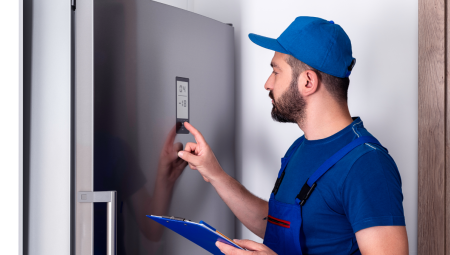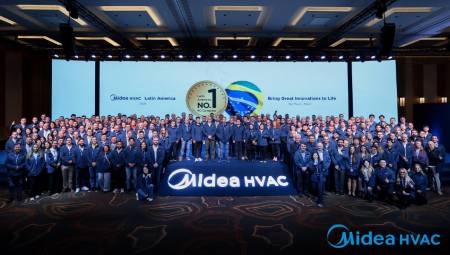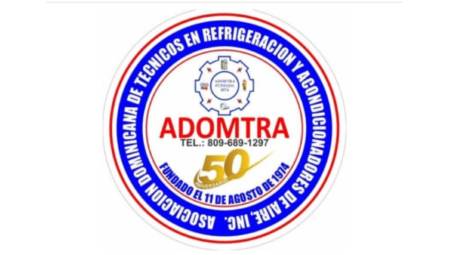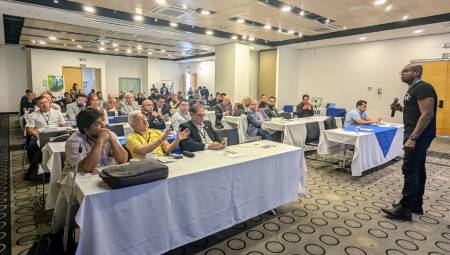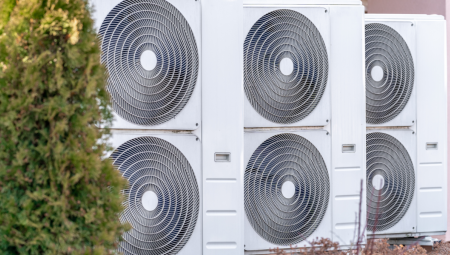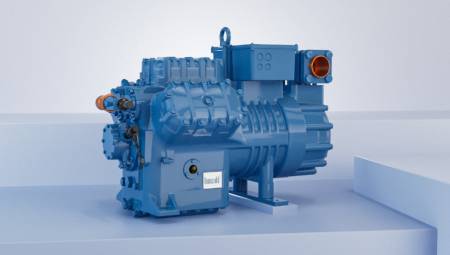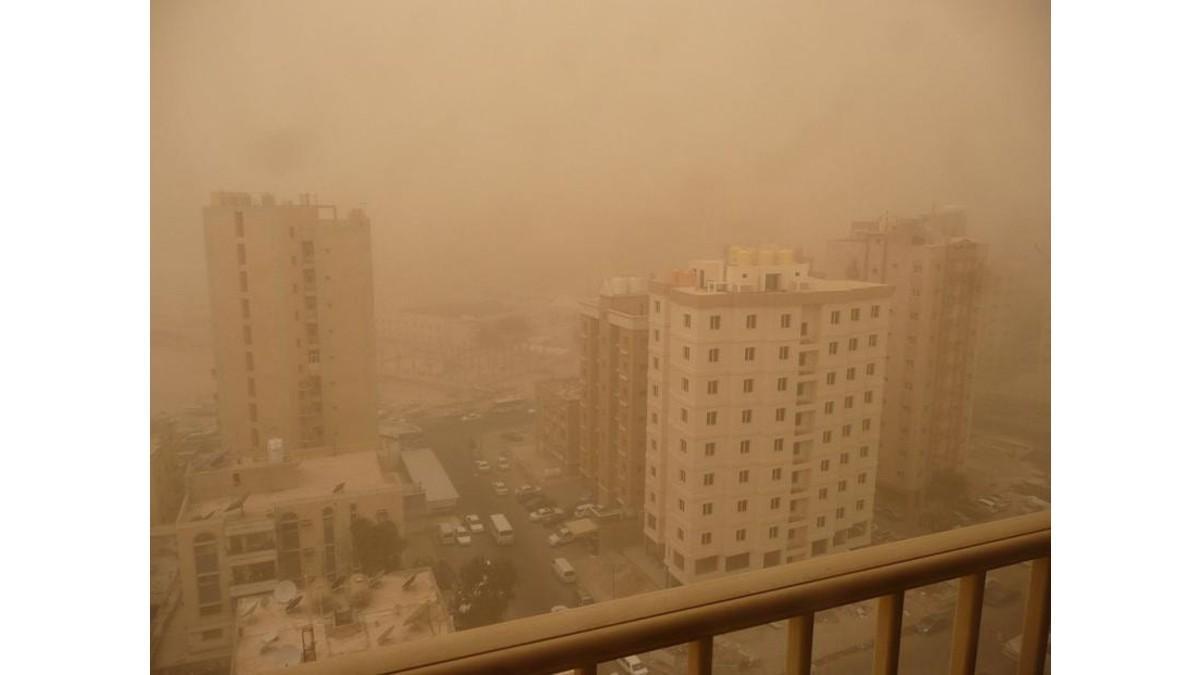 International. Although dust storms are more common in the United States, below we share a series of recommendations that prevent air conditioning units from decreasing performance and efficiency due to this phenomenon. This can have a big impact on indoor air quality.
International. Although dust storms are more common in the United States, below we share a series of recommendations that prevent air conditioning units from decreasing performance and efficiency due to this phenomenon. This can have a big impact on indoor air quality.
A group of experienced technicians from an American company called Forrest Anderson Plumbing and Air Conditioning Inc. (Forrest Anderson), based in Phoenix, recommend several steps that families can take not only to ensure that their air conditioning unit works optimally throughout the summer, but also that it maintains a healthy home environment.
"No one can stop a dust storm, but you can minimize damage to your air conditioning unit and protect your family's health by taking simple steps to block out pollutants in the air," said Audrey Monell, president of Forrest Anderson. "I tell all of our customers that when they see a dust storm coming into the area or get an alert on their phone, the most important thing they can do is turn off the air conditioner to prevent it from dragging away all that dirt and everything else that's going around."
Turning off the air conditioning unit may seem counterintuitive in mid-July, but keeping the HVAC unit running will cause it to absorb swirling dust that can create an unhealthy breathing environment circulating around the house.
Here are seven steps homeowners can take to take care of their air conditioning unit and improve indoor air quality during the monsoon.
- Turn off the air conditioning unit before a dust storm hits your neighborhood.
- Check air filters after each major storm and replace them if they are dirty to improve air quality and reduce strain on the HVAC system. Most homeowners can use 1" folded filters to trap small particles, but anyone with respiratory problems should consider filters with a higher MERV rating between 8-13 to get the best improvement in indoor air quality.
- Seal air leaks around windows and doors to prevent dust, water and heat from seeping in.
- Check that the drain line of your air conditioning unit leaks after a monsoon storm; if it doesn't leak water, you may need to clean it of debris.
- Install a condensate safety switch. This will turn off your unit if the line becomes clogged and prevent water from dripping and damaging your home.
- Install a surge protector to prevent power surges and lightning from triggering your home's circuit breaker and damaging the air conditioning unit and other electronic devices.
- Clean the condenser coils as the A/C unit may be covered in dirt after a storm.
To further prepare your air conditioning unit for monsoon storms, Monell also recommends inspecting your roof and garden to make sure the unit is properly secured and stable to withstand strong winds. Also consider making sure your lawn is free of debris or objects that can be thrown in the strong winds, which could damage the coil surrounding your unit.




